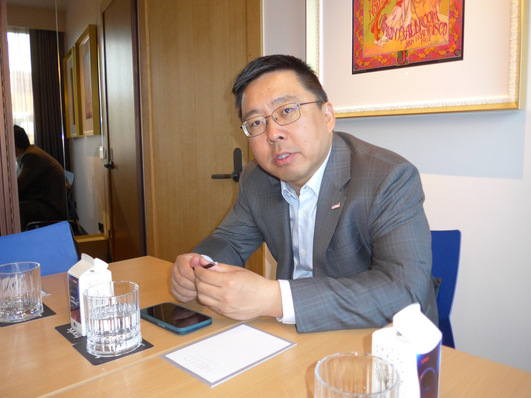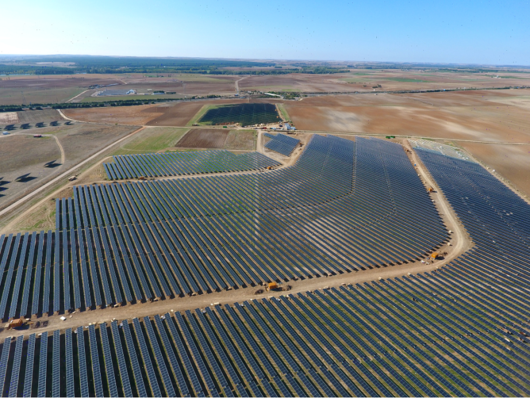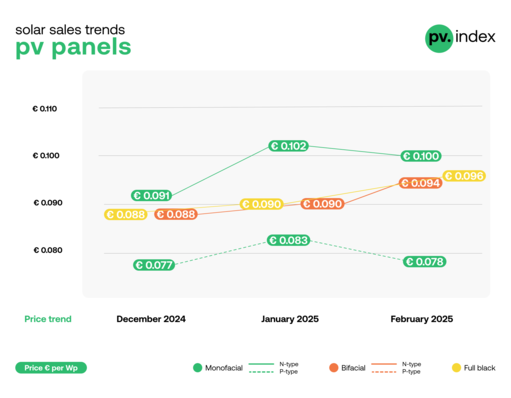The European Bank for Reconstruction and Development (EBRD) is providing a sovereign-guaranteed loan of up to €28 million to Crnogorski Elektroprenosni Sistem (CGES) for the upgrade of the electrical substation Brezna in north-western Montenegro.
The project is highly significant as it will allow to integrate 400 MW of renewable energy into the national grid, thereby helping the country to decarbonise its economy. Moreover, it will reduce transmission losses by 13 GWh/year and secure a safe and reliable electricity supply in Montenegro as well as in the region by further strengthening the Trans-Balkan corridor which connects countries in the region to Italy and the EU.
Bring the facility`s capacity up to 400/110 kV
The works involve installing two power transformers and connecting them to the national transmission network via the new Lastva - Pljevlja transmission line.
The new transformers will bring the facility’s capacity up to 400/110 kV and means that a large number of renewable energy power plants can be connected with the Brezna substation, presently in the preliminary stages of development by private entities.
Also see: More PV and wind to save Balkan rivers
The Brezna substation is an important part of the Montenegrin electric transmission system as it connects the 400 kV Cevo - Pljevlja 2 transmission line with the country’s existing power grid to form a 400 kV ring. It also lays the groundwork for a prospective power link to Sarajevo, an initiative supported by the EBRD that is in the preliminary planning stages.
Reform of the electricity market – level playing field for renewables
The European Union is providing a technical assistance grant of €1.05 million from the Western Balkans Investment Framework (WBIF) to develop the feasibility study, an environmental and social impact assessment, and the preliminary design. The EBRD’s Shareholder Special Fund has contributed €90,000.
As part of the project the EBRD and the EU will provide capacity building opportunities and create guidelines where needed so that the regulators and other key local stakeholders can work effectively with CGES in making the electricity market in Montenegro a level playing field for renewable energy.
Also interesting: EBRD supports renewables in Romania and Moldova
The EBRD is also helping CGES obtain a WBIF investment grant for this project. A decision is expected in December. Since the EBRD began operations in Montenegro in 2007 it has invested €846 million in 88 projects. The Bank’s priority for the country is to support private sector competitiveness, the green transition and further integration into regional and global markets. (hcn)








